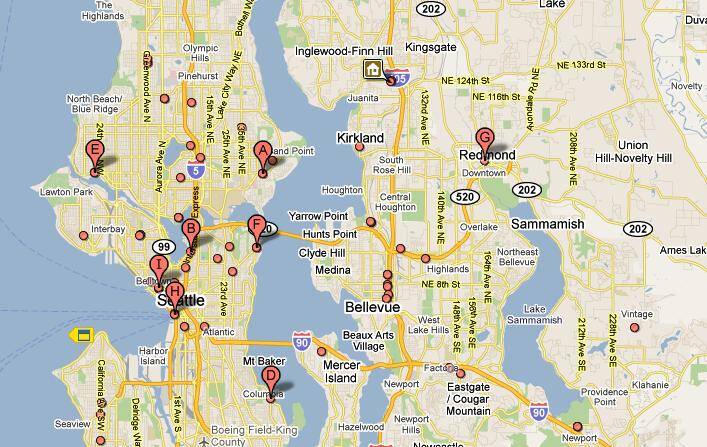Social Media and Location, Location, Location
Since the rise of the Internet in the mid 1990s, there has been a lot of emphasis on breadth. The advice has been that businesses need to reach out to new markets across the country, or even the world. That you need to think bigger, bigger, bigger to reach new customers. This philosophy of online breadth has crossed over into businesses’ social media presence. Many business profiles on Facebook, Twitter, and YouTube seem to have the goal of communicating that a business or service is available anywhere that you want it to be, regardless of whether or not that is the case. In all of this, the business’ social media profile avoids or deemphasizes mentioning the business’ physical location or tying themselves to a particular community.
This is a serious mistake.
Social media is at its best when it encourages heavy interaction and involvement with followers. There is a fear of being seen as small or as a nonentity, but on social media using location and location marketingHELPS rather than hurts. When people feel like they can visit your actual, physical location they are much more likely to interact with a business, both in person and online. You might not have 200 national followers on your Facebook page, but you’ll have 75 dedicated and interactive local followers, followers that are more likely to keep in touch and ultimately become customers or talk about you to friends. Plus posting about local events is a great source of content and avoids the terribly generic appearance so many business social media pages have. This transforms your online persona in a key way. You’re not some nebulous mortgage broker, you’re a person that is active in your community and knowledgeable of current events that happens to be a mortgage broker. There’s value in reading the local information on your Facebook page, Twitter account, or YouTube channel for the visitor, one they may not feel with a chain store or some entity that they’ll likely never meet (like the Moscow Business School Facebook page).
Surprisingly, a lot of businesses are still passing up this local advantage. Businesses that forgo the local connections with their community are automatically reducing the probability that visitors will interact with or follow their social media profiles. They won’t see the local connection, won’t identify with your page, and won’t stick around. Of course not all businesses are built with location in mind (ugh…telemarketing for example), but many are from metropolitan law firms to dental practices to mom and pop shops selling various goods. For these businesses, social media should be about location, location, location.

